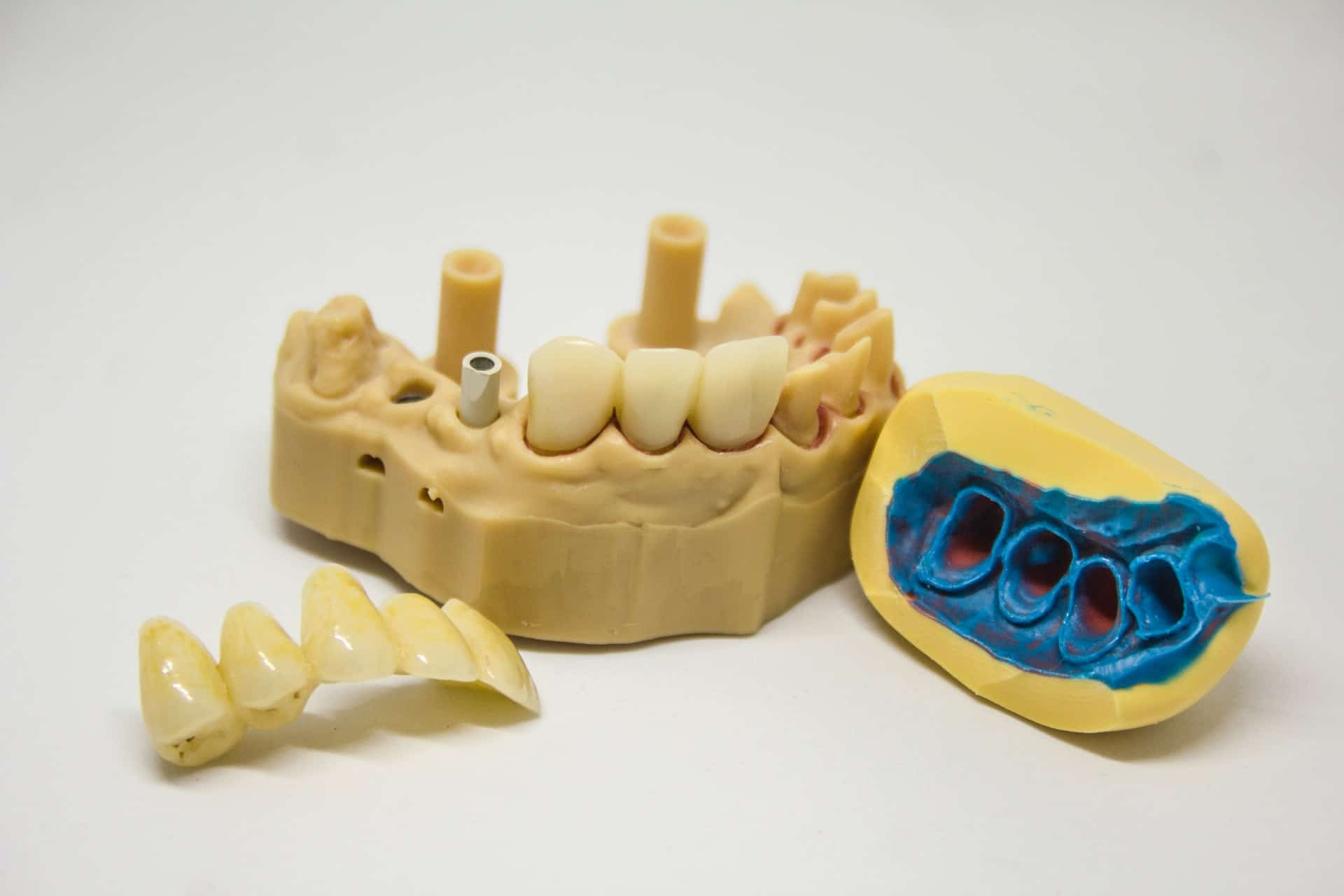
26 Apr Six Common Reasons for Tooth Extractions
Tooth extractions may be necessary when damaged teeth cannot be repaired. However, the reasons for tooth extraction can vary, depending on the underlying issue. Accidental injuries, tooth decay, overcrowding, and severe gum disease can all cause cases where tooth extraction is the only option.
The Prescott Dentistry team is here to explain the reasons behind tooth extractions and when to get a tooth extracted. Our biomimetic dental experts can assist you in preventing the need for tooth extractions, but we’re also ready to perform the procedure if necessary, with as little pain as possible.
Six Reasons for Tooth Extractions
Generally, tooth extraction occurs in one of five standard cases. While exceptions can occur, the procedure will typically occur when one of the following conditions is met and a suitable alternative is not present.
1. Tooth Decay
As the most common cause of tooth extraction, severe tooth decay often occurs in cases where someone has avoided visiting their dentist for several years. When decay progresses to the point of permanent damage, the tooth may die, requiring extraction to protect the patient’s health.
This is why, if you ever suspect you have a cavity, you should seek treatment immediately. If the decay has progressed beyond the point where a filling or a root canal and crown can present a reasonable solution, the only other option is tooth extraction.
2. Gum Disease
Periodontal disease, more commonly known as gum disease, follows tooth decay as the second most common cause for tooth extraction. Gum disease exposes the teeth’s roots, jawbones, and surrounding ligaments to bacteria that cause infections. Eventually, gum disease can result in teeth that loosen and fall out on their own or that need surgical removal.
3. Overcrowded Teeth
Overcrowded teeth that inhibit a comfortable bite may necessitate the removal of permanent teeth in some cases. If the overcrowded teeth have shifted their positions and begun crossing over each other, they can cause jaw bone pain and increase the risk of tooth decay and gum disease. If you have overcrowded teeth, an extraction may be necessary to protect your health and smile.
4. Impacted Tooth
Impacted teeth—typically the wisdom teeth—do not fully erupt from the gums or grow into the proper position. Overcrowding, skewed angles, genetic factors, or hyperdontia (the condition of having more than the typical 32 permanent teeth) can all cause impacted teeth.
Because impacted teeth are more vulnerable to decay and can cause severe pain, extraction may be necessary. If it seems like your wisdom teeth are not growing in correctly, we will often recommend extraction to prevent future problems.
5. Tooth Trauma
Trauma can also be a reason for tooth extraction. Similar to tooth decay, excessive damage to the tooth could make it irreparable. In such cases, tooth extraction and replacements such as bridges and implants are typically the only solutions.
6. All-on-4 Dental Implants
Finally, in cases where either the top or bottom row of teeth are nearly all gone, it’s often more reasonable to replace the entire row with a set of All-on-4 dental implants. In such cases, the few remaining natural teeth in the row may need to be removed to allow the implant procedure to proceed.
In Need of a Tooth Extraction?
No one ever wants to get a tooth extraction, but sometimes it’s necessary. Here at Prescott Dentistry, we offer holistic dental treatment to all our patients, and account for every aspect of their oral health and comfort. We will review your case and explain all of your options to ensure that you get the treatment that’s right for you. Contact us at 928-445-1660 to schedule a consultation today.
Photo by Quang Tri NGUYEN on Unsplash.



